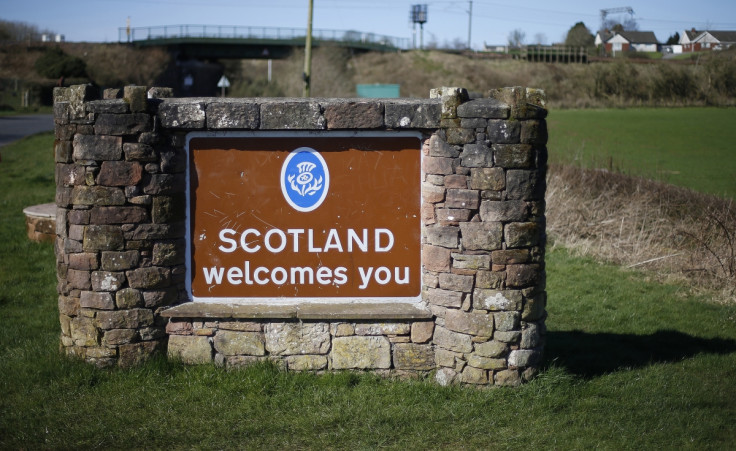Scottish Independence: New Business Slows Ahead of Referendum

New PMI data has revealed that while business activity in Scotland's private sector economy rose solidly in August, it increased by the slowest rate of growth since May, ahead of Scots voting for whether the country should stay part of the UK.
The Bank of Scotland PMI report showed that the seasonally adjusted headline– a single-figure measure of the month-on-month change in combined manufacturing and services output – was at 54.6 for August, down from July's six-month high of 56.8.
Furthermore, output growth increased by slowest rate in 16 months. Manufacturers recorded a further marked increase in overall new orders, although it did see a fall in export sales.
"August saw a broad based rise in business activity across both the services and manufacturing sectors. Employment rose at the fastest rate for six months confirming continuing high levels of business confidence," said Donald MacRae, Chief Economist at Bank of Scotland.
"The Scottish economy continues to recover and grow in the second half of 2014."
British Sterling has fallen to its lowest level in 10 months after a poll showed a 'yes' vote for Scottish independence was in the lead for the first time.
Scottish people will vote in an independence referendum on 18 September, 2014, and will be asked the straight "yes/no" question: "Should Scotland be an independent country?"
According to a YouGov poll on 7 September, support for Scottish independence took the lead for the first time since the referendum was announced.
The poll, which was conducted between 2 and 5 September, show 51% of the 1,084 surveyed are planning to vote for independence while 49% intend to opt for staying within the union with England.
The markets have become spooked as the uncertainty over what would happen to the pound, in the event of independence, has still yet to be clarified.
© Copyright IBTimes 2025. All rights reserved.



















